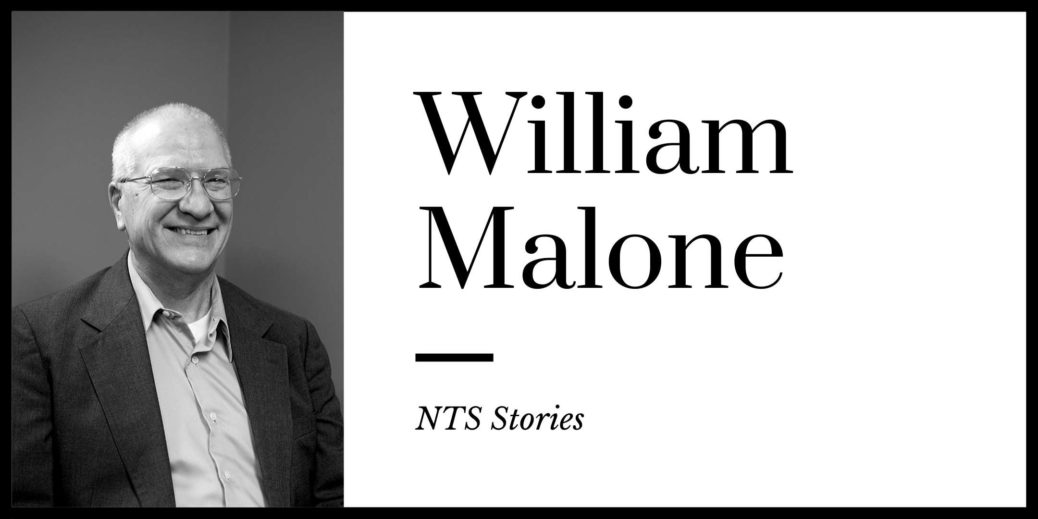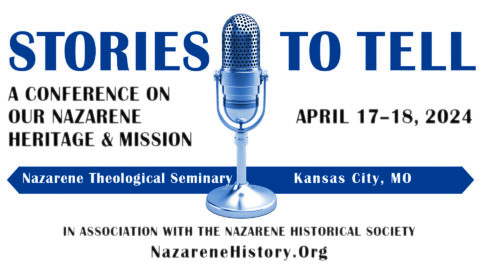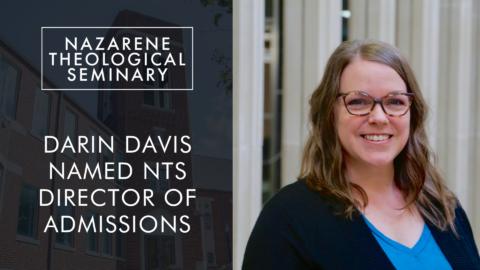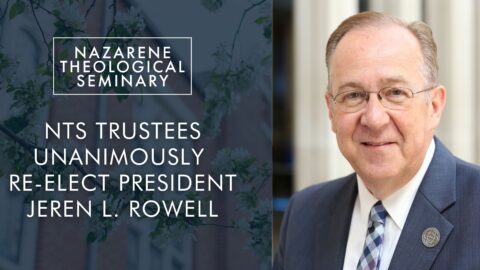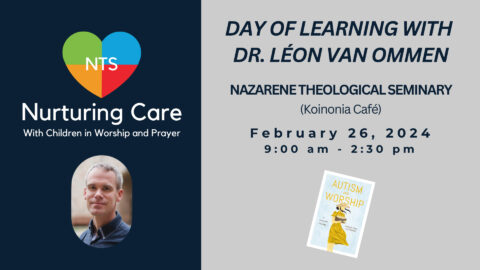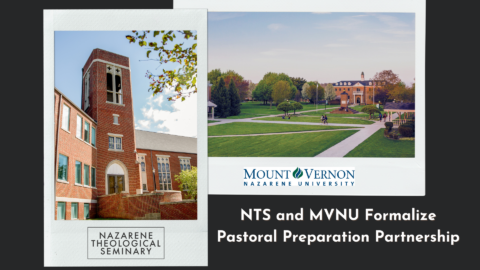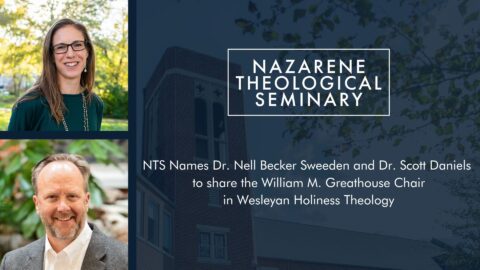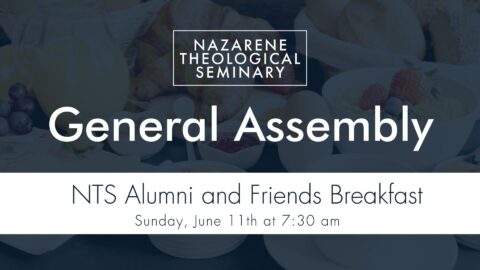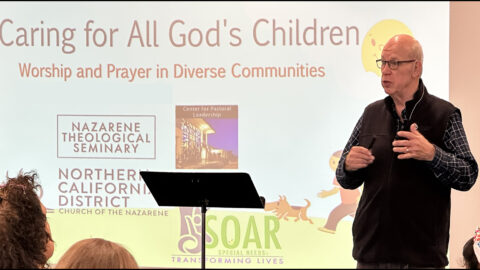We recently had the chance to talk with NTS alumnus, William Malone.
What year did you graduate from NTS and what degree program?
I entered NTS in the fall of 1983 following several years serving in the US Army and graduated in 1987 with a Master of Divinity degree.
Tell us about yourself and your family.
I was raised in a Christian family where I was taught by example how to follow God. Both of my parents were strong servants of God who would not prefer to serve in the public eye. We worshiped and served in small conservative Evangelical Methodist churches in Lexington, Kentucky. My parents taught me the joy of serving in the background. As a child we were told “You will go to church and you will enjoy it.” And we did, most of the time. As an adult, the church has become my family and primary support group in times of trouble.
Describe how you sensed a call to vocational ministry.
In the summer of 1966, on a whim, I decided that I wanted to go to church summer camp and that is where Mary and I met. I tell people that we met through the original “Christian Mingle.” From the day we met, we were never interested in anyone else. After dating exclusively for three years, we were married in the summer of 1969 following our first year of college at a small college in Iowa. Following the first year of college, we transferred to Azusa Pacific College (now Azusa Pacific University) located in southern California. I continued my formal education there while Mary assumed the roll of homemaker, mother and supportive wife. Both of our daughters were born while I was a student at Azusa. Following graduation from Azusa in 1975 we moved to Wilmore, Kentucky were I enrolled in Asbury Seminary. After struggling through one year there, I realized I was unable to go to school at that level and support a family at the same time, so I sought other employment which within a couple of years landed me in the US Army. There I served until the summer of 1983 as an enlisted solder then a Commissioned Officer. It was during the military service time that I realized fully that I wanted to go into some kind of spiritual ministry. Through all of these years we attended and served where asked in our local church in whatever position we were asked and felt qualified to serve.
Having felt the urging to become a minister since my teen years, the logical step following the military time was to complete my Seminary training, and so we moved to the Kansas City area and I enrolled in NTS. We located in Blue Springs because we were impressed with the school system and joined the Blue Springs Nazarene Church. In many ways that church has been our home ever since, even when we were serving in other churches as needed. Part way through seminary I was able to secure a pastoral position in a small community church South of Harrisonville where we served until my graduation in 1987.
After graduation from NTS we were assigned to a church in Texas and served there until health problems forced us to resign and return to Kansas City where Mary and I both took positions at the Publishing House where she worked until retirement. After about four years working at NPH I realized that I needed to find a kind of job that was ministry but not pastoral positions.
Some will say that there was a clear and concise Divine revelation that took them to the positions where God wanted them. That was not my case. As I look back I realize that God was preparing me for ministry in the elderly and death industry since childhood. My mother was a nurse all of her adult life spending all of her career working in Geriatrics. As a result, I have known people who were on the death bed all of my life. As a teenager while working after school in a Nursing Home I had a man die in my arms. It was a sweet wonderful experience.
As I began to examine where God may want me to serve I came up with two possibilities—Nursing Homes or the Funeral Industry. It was the funeral industry where the doors opened and I spent about 25 years working as a Funeral Director in the Kansas City area. For me, working with the families at time of death was just as much ministry as when I preached a sermon or held a one-on-one conversation with someone regarding their eternal destiny. As a Funeral Director my job was two-fold, taking care of the burial details and helping the families deal with the trauma and the loss. It would not be unusual for a family member to return to the funeral home days or weeks later when they just wanted someone to talk with. The ministry of caring and listening is such a powerful one. I think that we under-rate that ministry at times.
An additional area of ministry has, of course, been in the local church. In the early years following the time I departed pastoral ministry, I felt that my time at NTS was wasted. Now, looking back, I realize how valuable it was. Most churches do not have laymen with the level of education provided by NTS as well as the experience in pastoral ministry. Those two items have allowed me to be a more effective in the local church in teaching as well as at times becoming a sounding board for the senior pastor.
Describe what makes your current assignment unique.
After retiring from active funeral service I have discovered an additional way of ministry. One of the things I noticed while serving my families as a Funeral Director was the lack of information people possessed about death, funerals and options available. The sales mantra that Pre-planned funeral sales people will use is that people should never have to make those decisions immediately following the death of a loved one, but most families do just that. What happens then is that people make decisions based on emotion which is rarely a good idea. That realization has caused me to build a short informational seminar to help people know what to expect at the death of a loved one so that they can make decisions based on facts, not emotion. Unfortunately, in all industries you will find people who will take advantage of others if it will benefit them financially. Having adequate knowledge will mean that a person is less likely to fall prey to the funeral director who lacks integrity.

